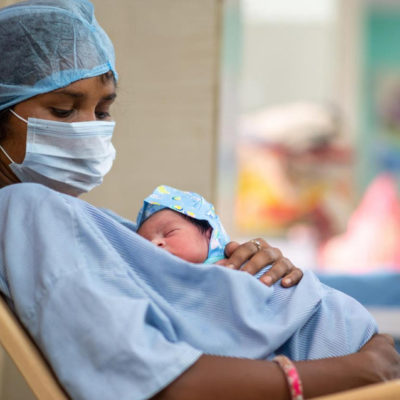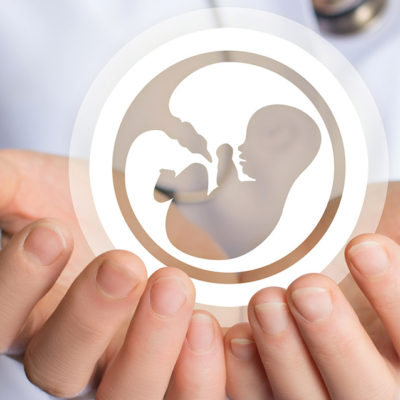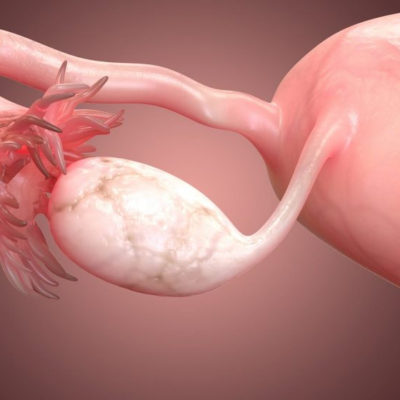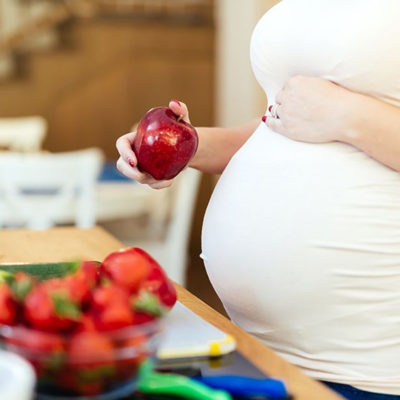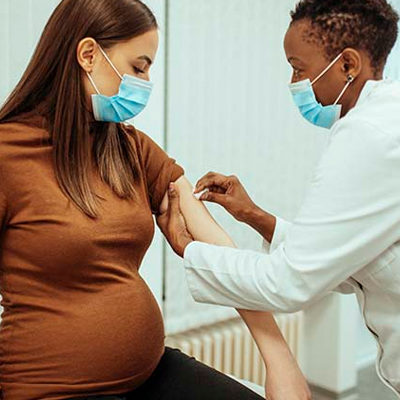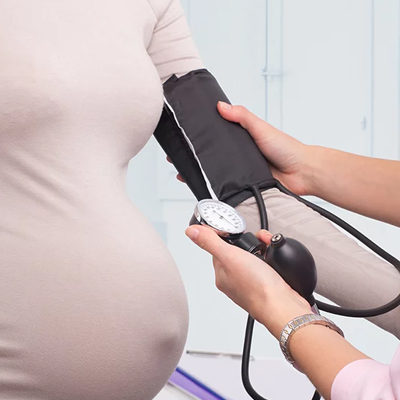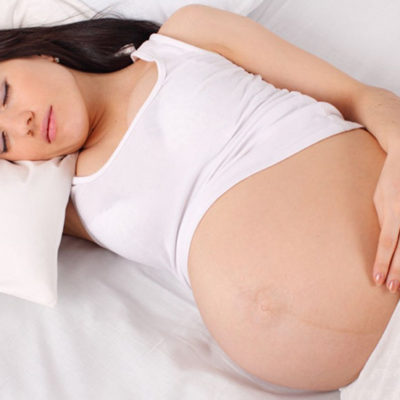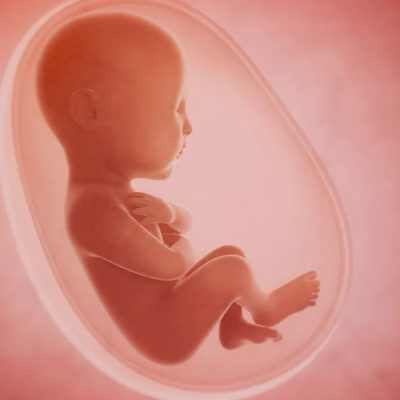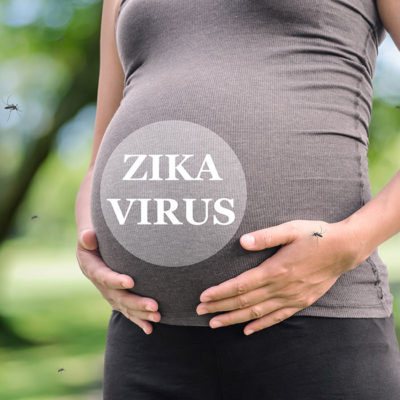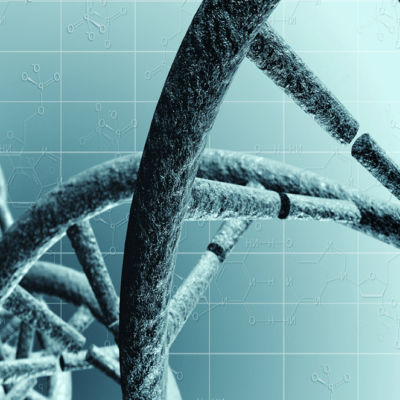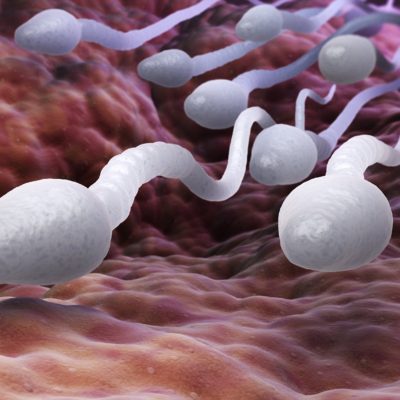Women who have Covid-19 towards the end of their pregnancy are vulnerable to birth-related complications. They are more likely to have complications than those who get Covid-19 in the earlier stages of pregnancy or who haven't had Covid-19 at all. The findings show that preterm births, stillbirths and newborn deaths are more common among women who have the virus 28 … [Read more...]
Fertility & Pregnancy News

Normal 6-Month Outcomes in Babies of Women With COVID-19 During Pregnancy
Babies born to women who had COVID-19 during pregnancy showed reassuring patterns of growth and development at 6-month follow-up, according to a study from Ann & Robert H. Lurie Children's Hospital of Chicago and Northwestern Medicine in partnership with Erie Family Health Center, a Federally Qualified Health Center (FQHC) that serves a diverse and low-income patient … [Read more...]
Breast milk of marijuana users does not hurt short-term health of early premature infants
Legalization of marijuana has been associated with increased use in women of childbearing age. Since tetrahydrocannabinol (THC), one of the active ingredients in marijuana, passes through breast milk, many neonatal intensive care units (NICUs) restrict the use of breast milk from THC-positive women because the effects on early preterm infants are unknown. However, science has … [Read more...]
Scientists map brain circuit that drives activity in fertile females
Scientists have known for a century that female animals become more active just as they are about to ovulate, a behavior that evolved to enhance their chances of mating when they are fertile. Now, a team at UC San Francisco has identified the specific neurons and signaling pathway that make sexually receptive females of many species run around at this critical time. The … [Read more...]
Is Your Child a Fussy Eater?
Whether it's an exclusive appetite for 'white' foods or an all-out refusal on veggies, when you have a fussy eater on your hands, mealtime can be more than a challenge. While picky eating is all part of the norm for developing toddlers, when it extends into school years, it takes a toll on all involved, children and parents alike. Now, new research from USC, the … [Read more...]
New Evidence that Fetal Membranes can Repair Themselves After Injury
Scientists from Queen Mary University of London and UCL have shown that fetal membranes are able to heal after injury in a new study published today in Scientific Reports. The integrity of the fetal membranes that surround the baby in the womb during pregnancy is vital for normal development. But fetal membranes can become damaged as a result of infection, bleeding, or after … [Read more...]
Obstructive Sleep Apnea is Common in Kids and may Impact Blood Pressure, Heart Health
Obstructive sleep apnea, a form of sleep-disordered breathing, is common in children and adolescents and may be associated with elevated blood pressure and changes in heart structure, according to a new scientific statement from the American Heart Association, published today in the Journal of the American Heart Association. A scientific statement is an expert analysis of … [Read more...]
Children Lost a Primary or Secondary Caregiver due to the COVID-19 Pandemic
More than 1.5 million children around the world are estimated to have lost at least one parent, custodial grandparent, or grandparent who lived with them due to death related to COVID-19 during the first 14 months of the pandemic, according to a study published today in The Lancet. The study highlights orphanhood as an urgent and overlooked consequence of the pandemic and … [Read more...]
World-First Study Uses Artificial Intelligence to Map the Risks of Ovarian Cancer in Women
Internationally-renowned nutritional epidemiologist Professor Elina Hypponen and a team from UniSA’s Australian Centre for Precision Health have been awarded $1.2 million by the Federal Government to map the genetic and physical risks of ovarian cancer, based on the health records of 273,000 women from the UK Biobank database. A machine learning model, which automatically … [Read more...]
Long-term Exposure to Air Pollutants Increases the Risk of Dysmenorrhea in Women
Dysmenorrhea can be due to hormonal imbalances or to underlying gynecological conditions such as endometriosis, pelvic inflammatory disease, ectopic pregnancy, or tumors in the pelvic cavity. Symptoms are often life-long: they include cramps and pain in the lower abdomen, pain in the lower back and legs, nausea and vomiting, diarrhea, fainting, weakness, fatigue, and headaches. … [Read more...]
No Need to Cease Breastfeeding Following COVID-19 Vaccination
First insights into breastfeeding post-vaccination for COVID-19With the recent large-scale implementation of messenger RNA (mRNA) vaccines against COVID-19, clinical research has started to understand the dynamics of both the virus and the vaccine across demographic groups. Of particular importance are pregnant and breastfeeding mothers, from which clinical trials have limited … [Read more...]
Fertility Drugs do Not Increase Breast Cancer Risk, Study Finds
Drugs routinely used during fertility treatments to release eggs do not increase the risk of developing breast cancer, new research has shown. Researchers from King's College London, in partnership with King's Fertility, analysed studies involving 1.8 million women undergoing fertility treatments. These women were followed up in studies for an average period of 27 years and … [Read more...]
Air Pollution During Pregnancy May Affect Growth of Newborn Babies
According to studies in recent years, air pollution affects the thyroid. Thyroid hormones are essential for regulating fetal growth and metabolism, and play an important role in neurological development. Thyroxine (T4) is the main thyroid hormone that is circulating and the thyroid-stimulating hormone is TSH. At 48 hours newborn babies undergo a heel prick test in which … [Read more...]
Healthy Diet Before, During Pregnancy Linked to Lower Complications
A healthy diet around the time of conception through the second trimester may reduce the risk of several common pregnancy complications, suggests a study by researchers at the National Institutes of Health. Expectant women in the study who scored high on any of three measures of healthy eating had lower risks for gestational diabetes, pregnancy-related blood pressure disorders … [Read more...]
COVID-19 Vaccine Does not Damage the Placenta in Pregnancy
A new Northwestern Medicine study of placentas from patients who received the COVID-19 vaccine during pregnancy found no evidence of injury, adding to the growing literature that COVID-19 vaccines are safe in pregnancy. "The placenta is like the black box in an airplane. If something goes wrong with a pregnancy, we usually see changes in the placenta that can help us figure … [Read more...]
COVID-19 mRNA Vaccines are Immunogenic in Pregnant and Lactating Women, Study Finds
Pregnant women with symptomatic COVID-19 have a higher risk of intensive care unit admissions, mechanical ventilation and death compared to non-pregnant reproductive age women. Increases in preterm birth and still birth have also been observed in pregnancies complicated by the viral infection. The Centers for Disease Control and Prevention (CDC) recommended that people who are … [Read more...]
Breakthrough could Lead to Early Detection of Pregnancy Complications
The quest to create safer, more successful pregnancies is one of the top goals of modern science. While pregnancy is better understood today than ever before, with improvements in technology helping to lower the risk of negative outcomes, there is much researchers still don't know about a vital part of the pregnancy process: uterine fluid. Secreted by glands in the uterus … [Read more...]
Poor Iodine Levels in Women Pose Risks to Fetal Intellectual Development in Pregnancy
An increasing number of young women are at increased risk of having children born with impaired neurological conditions, due to poor iodine intake. Dietary changes, including a growing trend towards the avoidance of bread and iodised salt, as well as a reduced intake of animal products containing iodine can contribute to low iodine levels. A small pilot study undertaken … [Read more...]
Recreating the earliest stages of life
In their effort to understand the very earliest stages of life and how they can go wrong, scientists are confronted with ethical issues surrounding the use of human embryos. The use of animal embryos is also subject to restrictions rooted in ethical considerations. To overcome these limitations, scientists have been trying to recreate early embryos using stem cells. One of … [Read more...]
Skeletal Defects may be Ameliorated after Immobility in the Womb
Researchers from Trinity College Dublin have discovered that some skeletal defects associated with a lack of movement in the womb during early development may still be ameliorated after such periods of immobility if movement resumes. The researchers' discovery was made using chicken embryos, which develop similarly to their human equivalents and which can be easily viewed as … [Read more...]
DHA Supplement may Offset Impact of Maternal Stress on Unborn Males
Neurodevelopmental disorders like autism and schizophrenia disproportionately affect males and are directly linked to early life adversity caused by maternal stress and other factors, which might be impacted by nutrition. But the underlying reasons for these male-specific impacts are not well understood. Researchers from the University of Missouri School of Medicine and the MU … [Read more...]
Kids’ Metabolic Health can be Improved with Exercise During Pregnancy: here’s why
A mechanism has been identified that explains how physical exercise in pregnancy confers metabolic health benefits in offspring. According to researchers, the key lies with a protein called SOD3, vitamin D and adequate exercise, with the outcomes possibly forming the first steps to designing rational diet and exercise programs to use during pregnancy and particularly when … [Read more...]
Exercise During Pregnancy may Save Kids from Health Problems as Adults
Exercise during pregnancy may let mothers significantly reduce their children's chances of developing diabetes and other metabolic diseases later in life, new research suggests. A study in lab mice has found that maternal exercise during pregnancy prevented the transmission of metabolic diseases from an obese parent -- either mother or father -- to child. If the finding holds … [Read more...]
Pregnant women pass along protective COVID antibodies to their babies
Antibodies that guard against COVID-19 can transfer from mothers to babies while in the womb, according to a new study from Weill Cornell Medicine and NewYork-Presbyterian researchers published in the American Journal of Obstetrics and Gynecology. This discovery, published Jan. 22, adds to growing evidence that suggests that pregnant women who generate protective … [Read more...]
Health risks to babies due to climate change
Extreme rainfall associated with climate change is causing harm to babies in some of the most forgotten places on the planet setting in motion a chain of disadvantage down the generations, according to new research in Nature Sustainability. Researchers from Lancaster University and the FIOCRUZ health research institute in Brazil found babies born to mothers exposed to … [Read more...]
How Zika virus is transmitted from mother to fetus during pregnancy
A preclinical study by a University of South Florida Health (USF Health) Morsani College of Medicine research team has discovered a new mechanism for how Zika virus can pass from mothers to their children during pregnancy -- a process known as vertical transmission. The researchers showed, for the first time, that specialized cells lining the uterus (maternal decidual cells) … [Read more...]
New clues on why pregnancy may increase risk of organ transplant rejection
A research study at the University of Chicago has found that in pregnancy, while the T cell response to a fetus becomes tolerant to allow for successful pregnancy, the part of the immune system that produces antibodies (known as the humoral response) becomes sensitized, creating memory B cells that can later contribute to the rejection of a transplant of organ. The results … [Read more...]
Children born extremely preterm are likely to be diagnosed with depression
A study using extensive nationwide registry data showed that girls born extremely preterm, earlier than 28 weeks gestational age, were three times more likely to be diagnosed with depression than peers born close to the expected date of delivery. Increased risk of depression also applied to girls and boys with poor fetal growth born full-term and post-term. The effects of poor … [Read more...]
Predicting Preterm birth
Predicting preterm birth can be difficult, especially for women who have not given birth. It has long been known that the best predictor of preterm birth is someone who has had a prior preterm birth; however, this information is helpful only in second and subsequent pregnancies. For women in their first pregnancy, it is a challenge for obstetricians and midwives to advise them … [Read more...]
Why heat stress damages sperm
University of Oregon biologists have used the model organism Caenorhabditis elegans to identify molecular mechanisms that produce DNA damage in sperm and contribute to male infertility following exposure to heat. In humans, the optimal temperature for sperm production is just below body temperature, in a range of about 90-95 degrees F. Human studies have found that exposure … [Read more...]
- « Previous Page
- 1
- 2
- 3
- 4
- …
- 41
- Next Page »

